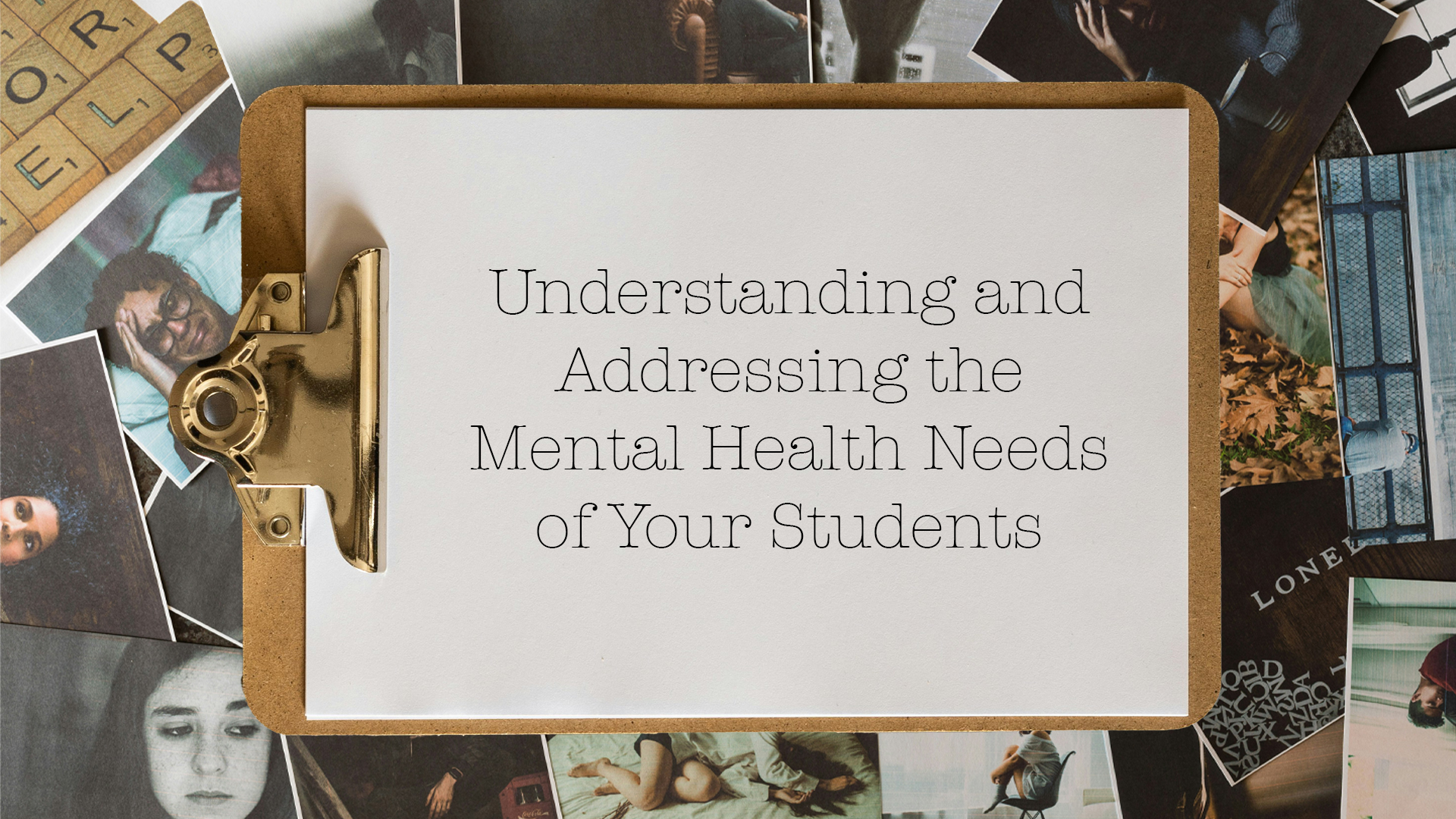Psalm 34:18 tells us that “The Lord is close to the brokenhearted and saves those who are crushed in spirit.” We know that the Lord cares for all of us deeply and that He wants the best for His children. So it makes sense that we, as shepherds of His people (specifically middle and high school students), should do all we can to care for them as well.
It can be difficult to fully grasp all that the students in our care are experiencing on a daily basis. These experiences add up and affect the mental well-being that they operate from. What can we do to understand the mental health of our students? Whether you are the main contact with your students or you have a team of volunteer leaders, here are 2 main areas to focus on that can help us better understand our students.
- Practice active listening and observation skills.
- While this may seem obvious, it’s important to note the word active here. If you’re like me at Youth Group, there are a million things that are pulling your attention away, especially before your service begins. In order to effectively practice active listening and observing, we have to prepare ourselves ahead of time to listen for cues. We have to practice intentional conversations, asking questions, and actually listening. The same goes for active observation. Often, the clues of mental health changes aren’t overtly obvious. We have to know our students first to be able to pick up on subtle changes.
- Learn about mental health.
- We can’t expect that we will see the signs or pick up on the cues that we don’t know about. We have to educate ourselves. Take a counselor to lunch and ask them all of your questions. Read a book (or 6). Listen to podcasts. Find a local seminar or attend an online workshop. A lack of knowledge can make anything seem overwhelming. Start with one of these resources and add on to grow your knowledge and ability to better understand your students.
Now that we have a couple of ways to know where our students are let’s look at a few practical ways we can help them navigate what they are going through.
- Create a safe and supportive environment.
- Each one of us should be working toward creating an environment for our Youth Groups that is inviting and comfortable. We all want students to feel welcome and like they belong. Now, we need to go beyond that and make sure our space feels safe and supportive, where student can share what’s going on in their lives and know that they will be heard and biblically supported. Practicing actively listening is a huge step toward this. When students feel heard, they will begin to open up.
- Provide biblical counseling and support.
- As much as you are equipped, provide this support yourself. However, the ability to know your own limits and knowledge is very important. This means that we need to have a backup for when a student’s mental health goes beyond our ability, and we need to refer them to a professional counselor. Our understanding of our own limitations is a win for the students in our care.
- Foster community.
- Youth Ministry can sometimes create a hero complex amongst Youth Pastors and Youth Workers. We often want to be the one that our students go to with problems and needs. Fostering strong community in your Student Ministry helps us get beyond ourselves and allows our group to grow through relationships. In this model, students are opening up to each other and finding help and healing in peer relationships. It’s our responsibility to lead our students to pursue biblical answers to problems and take things to prayer consistently.
Understanding mental health is no simple task, but through prayer, study, and community, we can help create an environment for our students to feel welcome and safe.

Kyle Wood
Director of Operations and Communication
Photo by Micheile Henderson on Unsplash

